detail profile ezequiel pierri
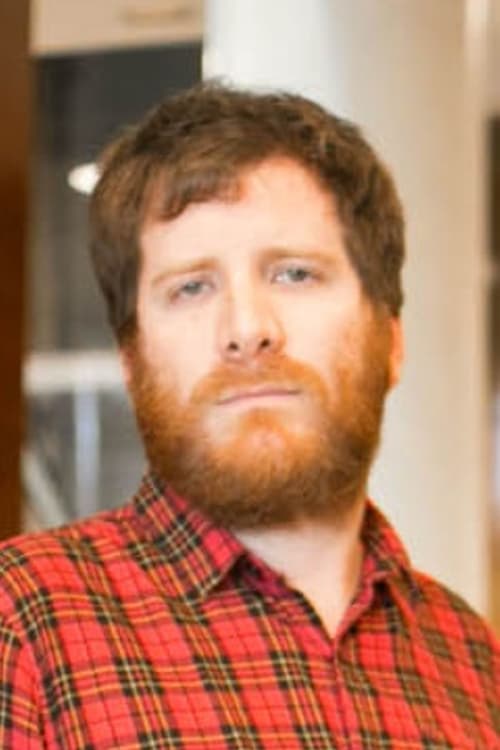
Riwayat Hidup
Ezequiel Pierri is an Argentine director, producer, writer, and actor.
Info Pribadi
Peran Yang Di Mainkan Ezequiel Pierri
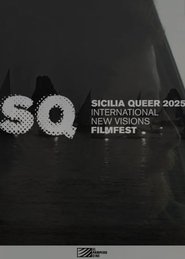 Trenque Lauquens Ezequiel believes he is...
Trenque Lauquens Ezequiel believes he is...Laura Citarella for Sicilia Queer 2025 2025
Trenque Lauquen's Ezequiel believes he is keeping on searching for Laura in the Argentine pampas, but the landscape confuses and disorients him, becoming increasingly jagged and disconnected: a radio that cannot definitively tune into a station. Editing cuts swallow up her world, bringing to the surface an archipelago of cinematic universes (from L’avventura to Stromboli and La terra trema), and they generate a fata morgana, capable of shortening distances between pampas and Mediterranean landscapes, between real and fictional vision, between the adult’s disorientation and the childhood’s innate and hilarious wisdom. Cinema as the art of disappearance that always leaves a trace, yet another indelible trace of one of the most important contemporary filmmakers.
 Nothing went as planned what seemed...
Nothing went as planned what seemed...The Miu Miu Affaire 2024
Nothing went as planned: what seemed to be an original idea (taking an international fashion event to a small town in the Argentine Pampas) ended up as a mysterious affair, with a mannequin who seems to have vanished, and who insists on leaving small clues scattered across the immense plains. But nothing seems to be too strange for Commissioner Sirota and her particular method which, this time, includes a clairvoyant, a legendary detective arriving from Santa Rosa and some picturesque “peritas” who choose to work at night, swinging to the rhythm of Ska. In the middle, a disturbing question: Is it a police case they are dealing with, or is someone taking them (the police, the whole town, the Italians – all of us, perhaps) for a fool?
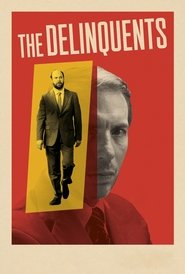 Morn works as a clerk in...
Morn works as a clerk in...The Delinquents 2023
Morán works as a clerk in a bank in Buenos Aires. He is as good as invisible to his colleagues. Over dinner with his colleague Román, Morán tells him that he stole exactly $650,000, which is exactly double what he would have made until his retirement. He plans to turn himself in, but not before offering Román to split the money if agrees to hide it for the duration of his incarceration.
 With the strange disappearance of Laura...
With the strange disappearance of Laura...Trenque Lauquen 2023
With the strange disappearance of Laura, two colleagues, her older boyfriend, Rafael, and Ezequiel, learn of their recent discoveries, which may help them locate her. However, the story is bigger and stranger than they could imagine.
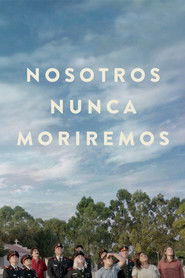 Rodrigo and his mother travel to...
Rodrigo and his mother travel to...We Will Never Die 2021
Rodrigo and his mother travel to the town where his older brother just died. In this calm place they will go through the first stages of their mourning. Rodrigo will start to peer on grown-ups grief and, imperceptibly, will begin to leave childhood behind. His mother will try to uncover the mysteries surrounding that death. A story suspended in time, floating between the countryside lost places.
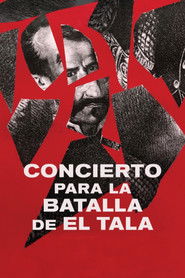 This is a film with music...
This is a film with music...Concert for the Battle of El Tala 2021
This is a film with music. Or about the music and texts that accompany, in a poetic way, a decisive battle between Unitarian and Federalists. The vicissitudes of the birth of a nation based on the play written by Mariano Llinás and Gabriel Chwojnik, whose images achieve some hypnotic strength.
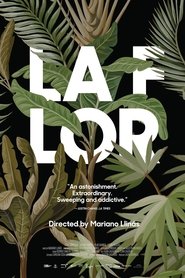 An enormous effort of narrative complexity...
An enormous effort of narrative complexity...La Flor 2019
An enormous effort of narrative complexity made up of six independent, successive stories, connected by the same four actresses living very different experiences in very different universes…
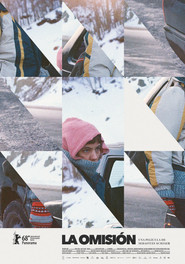 In a snowy and industrial city...
In a snowy and industrial city...La omisión 2018
In a snowy and industrial city in the south of Argentina, Paula, a 23-year-old girl from Buenos Aires, starts an intense job hunt with the sole purpose of saving money. The lack of a job, a home and a stable emotional environment will end up turning that search into a personal and introspective journey.
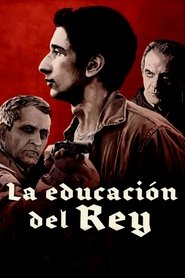 Escaping from his criminal baptism Reynaldo...
Escaping from his criminal baptism Reynaldo...La educación del Rey 2017
Escaping from his criminal baptism, Reynaldo Galíndez, called el Rey, breaks into the patio of the house where Carlos Vargas, a retired security guard, lives. Carlos proposes Reynaldo a deal: he will repair the damage caused and, in return, Carlos will not call the police.
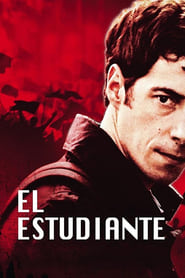 Roque starts University in Buenos Aires...
Roque starts University in Buenos Aires...The Student 2011
Roque starts University in Buenos Aires but he is not particularly interested in attending classes or working towards a degree. Instead, he dedicates his time to one of the many groups vying for control of the university, motivated less by grand political ideals than by a wish to get close to Paula, an attractive young teacher heavily involved in internal university politics.
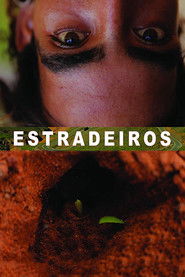 Road movie through Peru Buenos Aires...
Road movie through Peru Buenos Aires...Wanderers 2011
Road movie through Peru, Buenos Aires, São Tomé das Letras, Recife and São Paulo, but with no defined destination. It records the lifestyle of those who live free in the world, nomads in the sub-continent of Latin America.
 Blondi and Mirko live together listen...
Blondi and Mirko live together listen...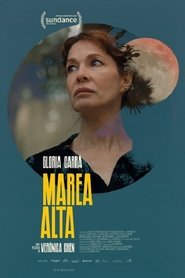 Laura is spending a few days...
Laura is spending a few days...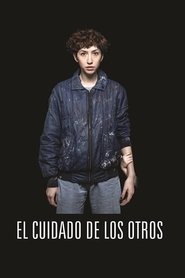 Luisa works temporarily babysitting children in...
Luisa works temporarily babysitting children in...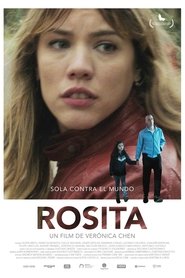
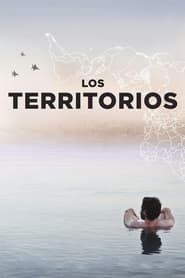 After the attack on Charlie Hebdos...
After the attack on Charlie Hebdos...